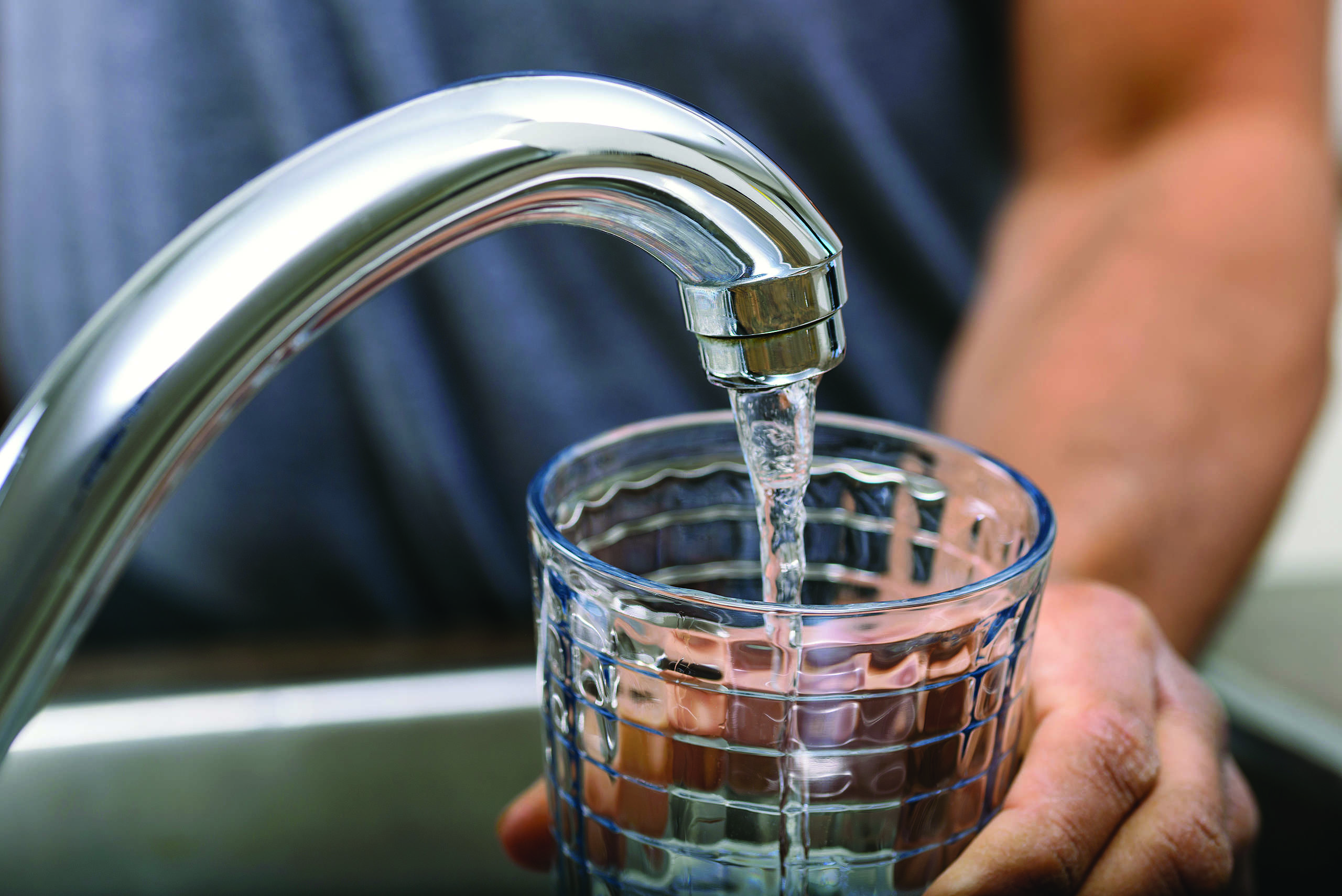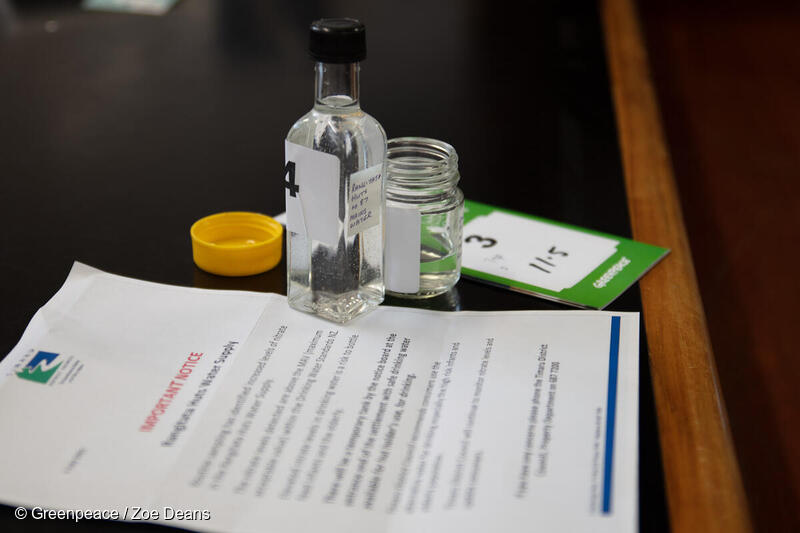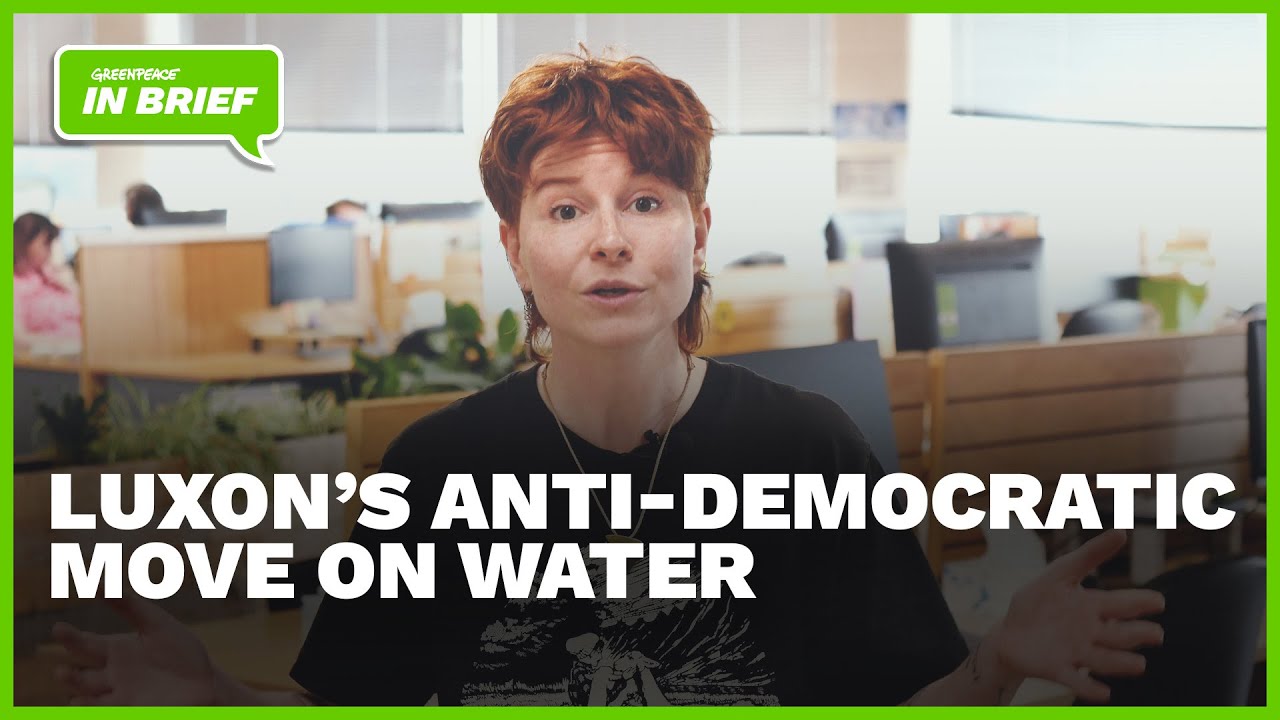Greenpeace says high levels of nitrate contamination in Waimate town water supply should be a major red flag for all Cantabrians, as once again, Waimate residents have been issued a ‘do not drink’ notice.
Greenpeace spokesperson Will Appelbe says, “Everyone, no matter where they live, should be able to safely drink the water coming out of their kitchen tap without worrying that they’ll get sick.
“But for the people of Waimate, that’s simply not the case – once again, their water is undrinkable due to levels of nitrate thanks to dairy industry pollution.”
In 2022, more than 600 residents of the Waimate District had their water shut off after nitrate levels in the Waihao and Waikakahi East rural water scheme exceeded the maximum allowable value.
Appelbe says, “At levels of nitrate-nitrogen above 11.3mg/L, there is a high risk of babies developing blue baby syndrome if they are fed formula made with the nitrate-contaminated water, and this can be fatal. That’s why this is New Zealand’s maximum allowable value of nitrate in drinking water – but even at lower levels of nitrate, a growing field of international science indicates that there are significant health risks.
“Those include a risk of preterm birth for pregnant people consuming water with more than 5 mg/L of nitrate-nitrogen, and an increased risk of bowel cancer linked to long-term exposure to nitrate at levels as low as 1 mg/L.
“This is not the first time this has happened in Waimate, and unless those responsible for the pollution are forced to stop polluting, it won’t be the last. Nitrate levels in drinking water will get worse if we don’t address the pollution at the source, and that’s the intensive dairy industry.
“This should be of grave concern for Waimate residents, and also shows that Environment Canterbury has failed in its responsibility to limit activities that pollute drinking water.
“Simply put, New Zealand has too many dairy cows, especially in Canterbury, and they’re polluting the water we drink. Ultimately, we need far fewer cows on farms, and to see Environment Canterbury enforcing a phase-out of synthetic nitrogen fertiliser.”



